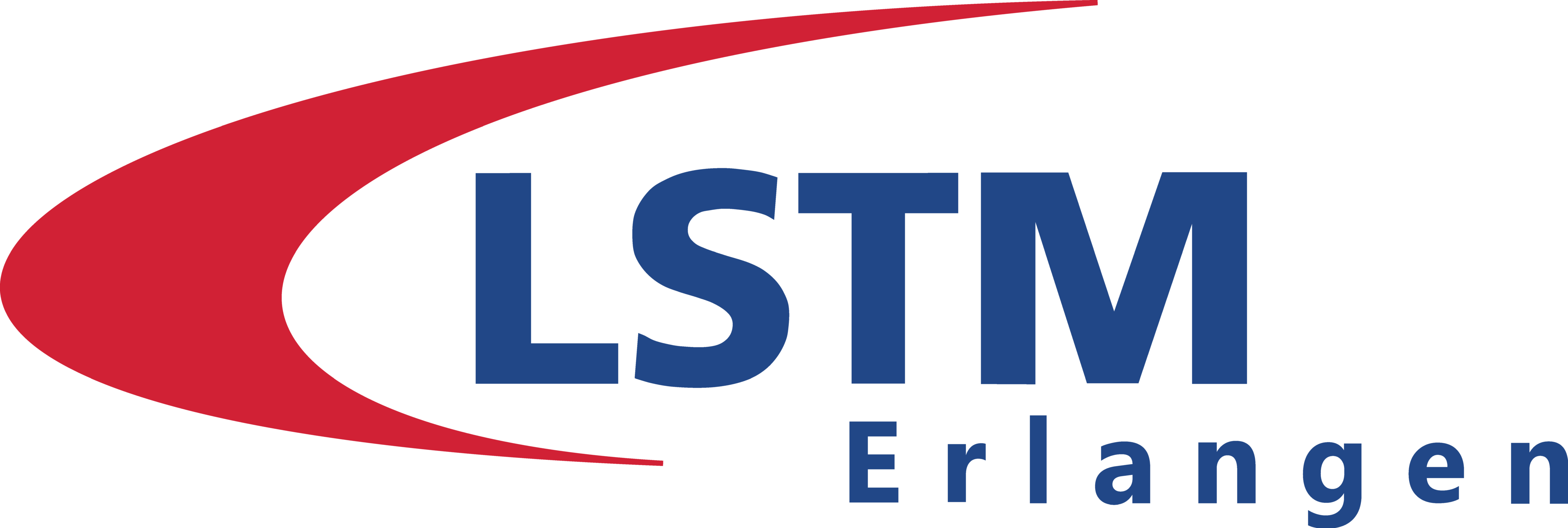Master/Project thesis: Advanced time-integration schemes for Neko
Background: Simulations of turbulent flows are very time-consuming, in particular when all the scales of motion are resolved in space and time. This latter approach, termed direct numerical simulation, is by far the most accurate approach, but limited to comparably simple geometries. Using the flexible spectral-element method, we are however able to simulate moderately complex geometries, with high accuracy and – most importantly – very efficient computational methods. We use the code Neko, that runs equally well on CPUs and GPUs, and has recently been chosen as a finalist for the yearly Gordon-Bell-prize 2023.
The proposed project is to implement, test and validate an advanced numerical treatment of the convective term appearing in the Navier-Stokes equations. Instead of using an explicit discretization, one uses an extrapolation using the characteristic directions and a combined Runge-Kutta integrator. In this way, the time-step restriction is much less severe, and Courant numbers of up to 2-3 can be achieved (as opposed to 0.6 in the normal case). The task is to implement this characteristic time stepping in Neko, based on an existing implementation in the older Nek5000 code, and validate its speed and accuracy against a few standard turbulence test cases (Taylor-Green vortex, channel flow). The project is together with our colleagues at KTH Stockholm, and is also relevant for our EuroHPC Extreme Scale project on the simulation of Rayleigh-Bénard convection that recently started.
Reference to Neko: https://arxiv.org/abs/2107.01243
Specific tasks:
- Literature study on the topics of spectral element method and turbulence simulations
- Understanding of the characteristic time-stepping method
- Installing and running initial cases with Neko
- Implementation of the characteristic time stepping (OIFS)
- Simulations using high-performance computing resources
- Data analysis and reporting of the results
Requirements:
- Experience and interest in high-performance computing and turbulence
- Programming experience in object-oriented languages (Fortran 2008, C++, Python)
- Experience with legacy simulation codes (Fortran 77) is beneficial
- Independence working style
Starting date: immediately
Supervisor:



